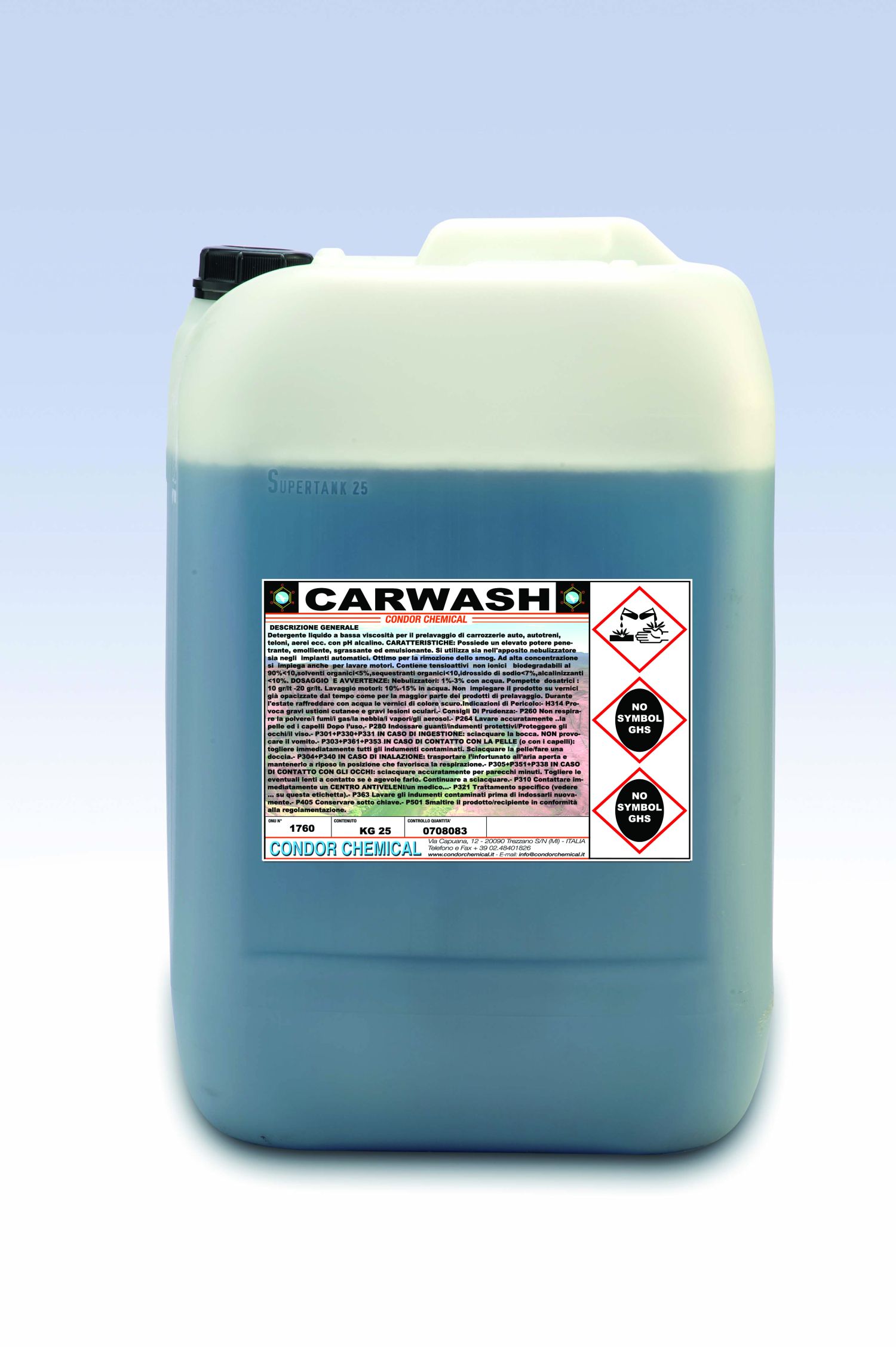Car cleaning is an essential aspect of vehicle maintenance that not only enhances the appearance but also preserves its value. To achieve optimal results, it is crucial to understand the science behind car cleaning chemicals. In this article, we will delve into the intricacies of formulating effective car cleaning chemicals, exploring key ingredients, manufacturing processes, and the importance of eco-friendly solutions.
- Understanding the Basics of Car Cleaning Chemicals:
Car cleaning chemicals are specially formulated products designed to remove dirt, grime, and stains from various surfaces of a vehicle. These chemicals consist of a combination of active ingredients, solvents, surfactants, and additives, each playing a crucial role in achieving desired cleaning results. - Key Ingredients for Effective Car Cleaning:
a. Surfactants: Surfactants are the backbone of car cleaning chemicals, responsible for breaking down and lifting dirt particles from the surface. Anionic, cationic, and non-ionic surfactants are commonly used, each offering unique cleaning properties.
b. Solvents: Solvents aid in dissolving stubborn stains, grease, and oil. Common solvents include isopropyl alcohol, ethyl alcohol, and glycol ethers.
c. pH Adjusters: pH adjusters help maintain the optimal pH level for effective cleaning. Acidic or alkaline solutions are used depending on the type of dirt or stain being targeted.
d. Emulsifiers: Emulsifiers are used to suspend oil and grease particles in water, allowing them to be easily rinsed away.
e. Additives: Additives such as fragrances, dyes, and corrosion inhibitors enhance the overall performance and user experience of car cleaning chemicals. - Manufacturing Processes:
a. Formulation: Car cleaning chemicals are formulated by blending the desired combination of active ingredients, solvents, surfactants, and additives. The formulation process requires careful consideration of compatibility and effectiveness.
b. Quality Control: Stringent quality control measures ensure that the final product meets safety, performance, and regulatory standards. Testing for pH levels, viscosity, stability, and efficacy is conducted to ensure consistency and reliability.
c. Packaging: Proper packaging is essential to maintain the integrity and longevity of car cleaning chemicals. Bottles, sprayers, and containers should be designed to prevent leakage, evaporation, and degradation. - The Importance of Eco-Friendly Solutions:
In recent years, there has been a growing demand for eco-friendly car cleaning chemicals. These solutions prioritize the use of biodegradable ingredients, minimize water usage, and reduce environmental impact. By opting for eco-friendly options, car owners can contribute to a sustainable future while maintaining the cleanliness of their vehicles.
Conclusion:
Effective car cleaning chemicals are the result of meticulous formulation, utilizing a combination of surfactants, solvents, pH adjusters, emulsifiers, and additives. Understanding the science behind these chemicals empowers car owners to make informed choices and achieve superior cleaning results. As the industry evolves, the demand for eco-friendly solutions continues to rise, emphasizing the importance of sustainable practices in car maintenance.


